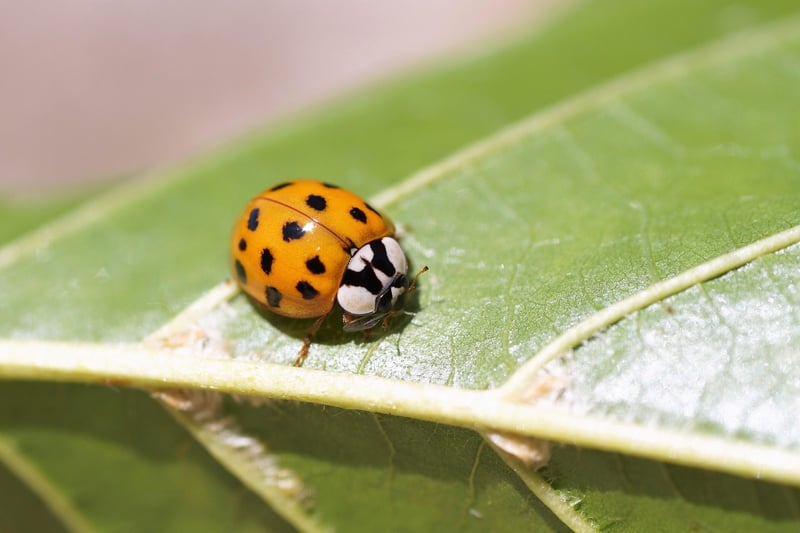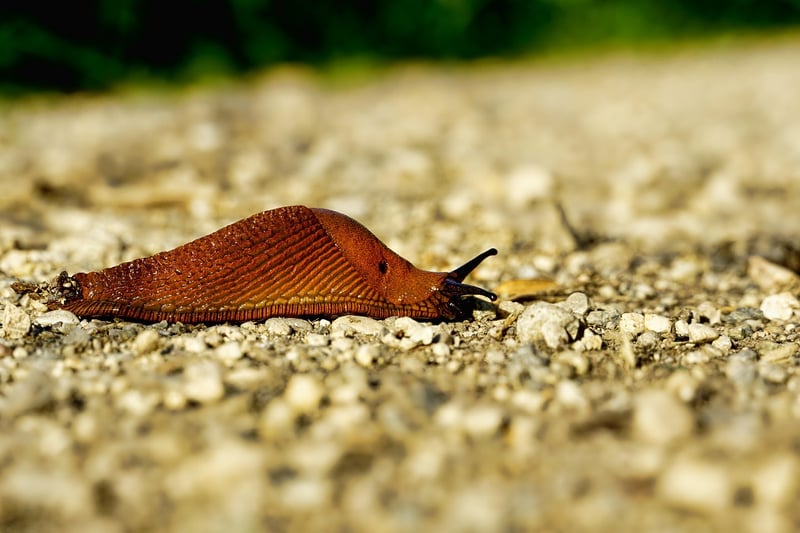Common Pests
Managing Pests Naturally
Introduction
Welcome to our guide on managing pests naturally. In this article, we will explore eco-friendly methods to control common pests without the use of harmful chemicals. By adopting natural pest management strategies, you can protect your home, garden, and the environment.
Benefits of Natural Pest Management
Natural pest management offers several advantages, including:
- Reduced exposure to toxic chemicals
- Protection of beneficial insects
- Preservation of soil health
- Safe for pets and children
Methods of Natural Pest Control
Here are some effective methods to manage pests naturally:
- Companion Planting: Planting certain herbs and flowers alongside vegetables can repel pests.
- Biological Controls: Introducing natural predators like ladybugs or praying mantises to control pest populations.
- Neem Oil: A natural insecticide derived from the neem tree that is effective against a variety of pests.
- Diatomaceous Earth: A non-toxic powder that can be used to control insects like ants, fleas, and cockroaches.
Common Pests
Let's take a look at some common pests and how you can manage them naturally:
1. Aphids
Aphids can damage plants by sucking sap from leaves and stems. To control aphids naturally, you can introduce ladybugs or spray plants with a mixture of water and mild dish soap.

2. Slugs and Snails
These pests can devour young seedlings and plants. To deter slugs and snails naturally, you can create barriers using crushed eggshells or copper tape around your garden beds.

3. Mosquitoes
Mosquitoes are not only annoying but can also transmit diseases. To repel mosquitoes naturally, you can plant mosquito-repelling herbs like citronella, lavender, or basil in your garden.

Conclusion
By implementing natural pest control methods, you can protect your plants, reduce the use of harmful chemicals, and create a healthier environment for all living creatures. Try these eco-friendly solutions and enjoy a pest-free home and garden!
